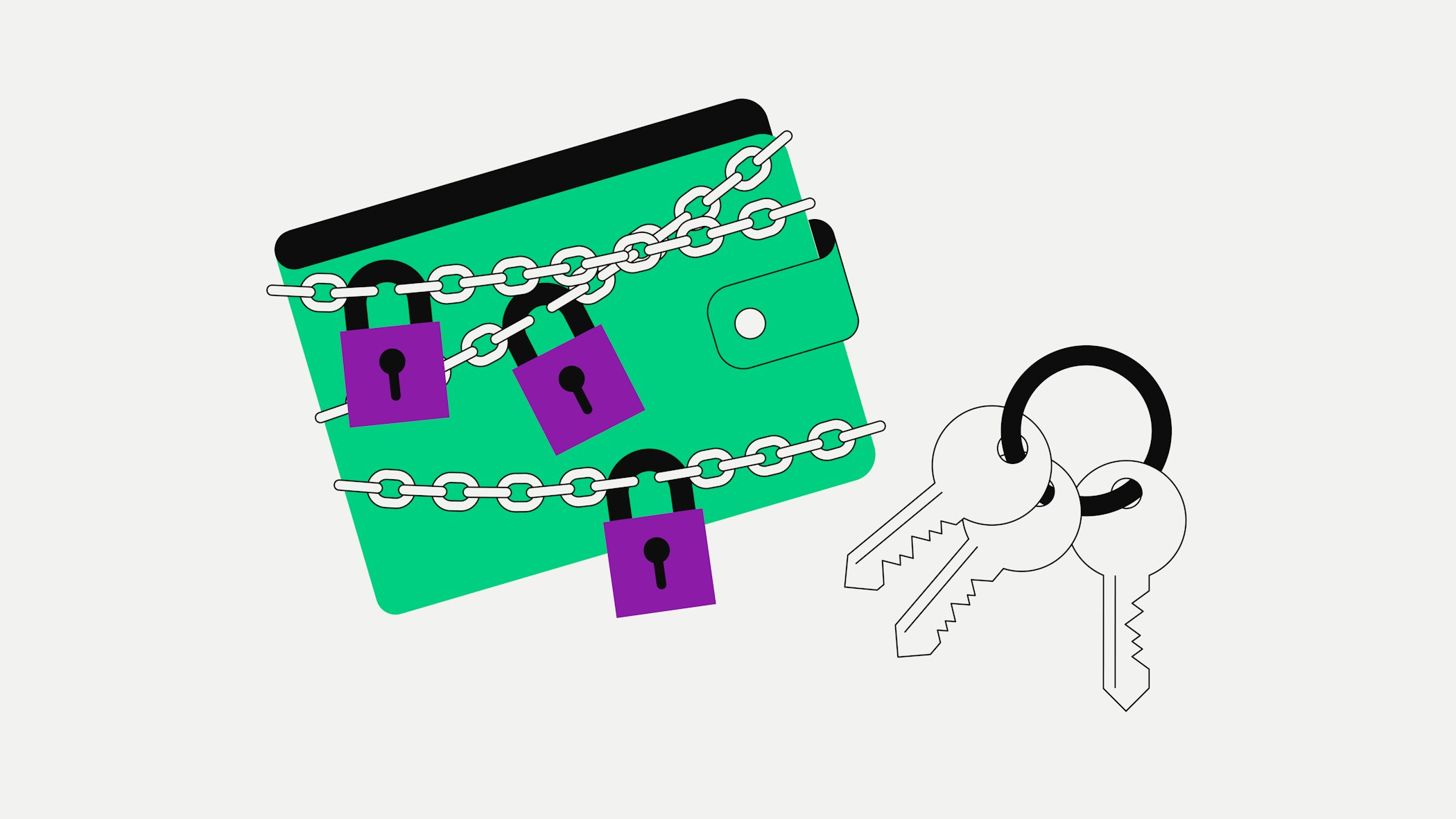Multi-signature wallets require multiple signatures for transactions, enhancing security in cryptocurrency exchanges. These wallets involve more than one private key, providing added protection against unauthorized access.
By enabling multiple stakeholders to approve transactions, multi-signature wallets offer increased security and reduce the risk of potential breaches. Users benefit from enhanced security features while maintaining control over their digital assets. The decentralized nature of multi-signature wallets ensures a reliable and secure environment for managing cryptocurrency transactions.
With the rising importance of security in the digital landscape, multi-signature wallets are becoming increasingly popular among investors and traders alike, seeking to safeguard their funds effectively.
:max_bytes(150000):strip_icc()/cold-storage.asp-final-94413d1c10eb4f06b31b3b165977c70d.png)
Credit: www.investopedia.com
What Are Multi-signature Wallets?
Multi-Signature Wallets require multiple people to authorize transactions, enhancing security. A transaction needs approval from all private key holders to proceed. Shared responsibility reduces the risk of unauthorized access to funds. Each user possesses a unique private key. Even if one private key is compromised, the funds remain secure due to the multi-signature setup. Flexibility in choosing the number of signatures required for a transaction. This type of wallet adds an extra layer of protection to your digital assets. Multi-Signature Wallets exemplify the importance of collaborative security measures.
Implementing Multi-signature Wallets
| Multi-Signature Wallets |
Multi-signature wallets provide added security by requiring multiple signatures to authorize transactions. Setting up a multi-signature wallet involves choosing the right signers who will have access to the wallet. Each signer should be trusted and have secure access to their private key. To increase security, it's recommended to have a diverse group of signers from different locations. When selecting signers, consider factors like reliability and availability. Regularly review the list of signers to ensure the security of the wallet. Implementing multi-signature wallets can help protect your funds from unauthorized transactions.
Security Measures In Multi-signature Wallets
Multi-Signature Wallets offer enhanced security for cryptocurrency storage. They require multiple keys to authorize transactions, making unauthorized access more difficult. This approach protects against unauthorized access and reduces the risk of a single point of failure. With multi-signature wallets, a transaction must be approved by multiple parties, increasing security. Each keyholder is required to authenticate the transaction, enhancing the overall security of digital assets. In the event of a compromised key, the wallet remains secure, as the attacker would still require additional keys for access.
Use Cases Of Multi-signature Wallets
A multi-signature wallet is a type of digital wallet that requires multiple signatures or approvals from different parties in order to authorize a transaction. This added layer of security makes multi-signature wallets highly useful in various business applications and personal or community use scenarios.
For businesses, multi-signature wallets provide an ideal solution for handling financial transactions that require multiple levels of approval. This can be particularly important in large organizations where financial decisions need to be reviewed and validated by multiple parties. By implementing a multi-signature wallet system, businesses can ensure that no single individual has complete control over funds, reducing the risk of fraudulent activity and enhancing accountability.
On a personal level, multi-signature wallets can also be beneficial. For example, in joint business ventures or shared finances, multi-signature wallets allow for collaborative decision-making and increased accountability among the participants. Additionally, multi-signature wallets can be valuable in community settings, such as nonprofit organizations or crowdfunding initiatives, ensuring that funds are managed transparently and securely.
Challenges And Considerations
Multi-signature wallets present several challenges and considerations. One of the main challenges is the complexity of management. Keeping track of multiple signatures and their corresponding private keys can be cumbersome and time-consuming. It requires a robust system for key management and coordination among the signatories.
There are also potential risks and trade-offs associated with multi-signature wallets. While they enhance security by requiring multiple signatures for transactions, they can also introduce additional points of failure. If one of the signatories loses their private key or becomes unresponsive, it can hinder the ability to execute transactions.
Therefore, it is crucial to carefully weigh the benefits and risks of using multi-signature wallets. Considerations such as the level of trust among the signatories, the type of assets being managed, and the overall security infrastructure should be taken into account. Proper implementation and ongoing management are key to reaping the benefits of multi-signature wallets while mitigating potential risks.

Credit: www.bitpanda.com

Credit: medium.com
Frequently Asked Questions For Multi-signature Wallets
What Is A Multi-signature Wallet And How Does It Work?
A multi-signature wallet is a digital wallet that requires multiple signatures to authorize transactions. It adds an extra layer of security by requiring multiple key holders to approve transactions, reducing the risk of unauthorized access.
Why Should I Use A Multi-signature Wallet?
Using a multi-signature wallet provides enhanced security for your digital assets. It prevents single points of failure and reduces the risk of theft or loss. By requiring multiple signatures, it adds an extra layer of protection against unauthorized transactions.
How Many Signatures Are Required In A Multi-signature Wallet?
The number of required signatures in a multi-signature wallet can vary depending on the platform or provider. Typically, it ranges from 2 to 5 signatures. It's important to choose a wallet that allows the desired number of signatures to meet your security requirements.
Can I Recover Access To A Multi-signature Wallet If I Lose My Keys?
Recovering access to a multi-signature wallet can be more complex than recovering access to a single-key wallet. It often requires the cooperation of the other key holders to restore access. Therefore, it's crucial to securely store and backup your keys to avoid potential loss of access.
Conclusion
To sum up, multi-signature wallets offer enhanced security and control for managing digital assets. By requiring multiple signatures for transactions, these wallets provide protection against unauthorized access and potential threats. With the growing emphasis on security in the cryptocurrency world, multi-signature wallets are a reliable solution for safeguarding assets.
